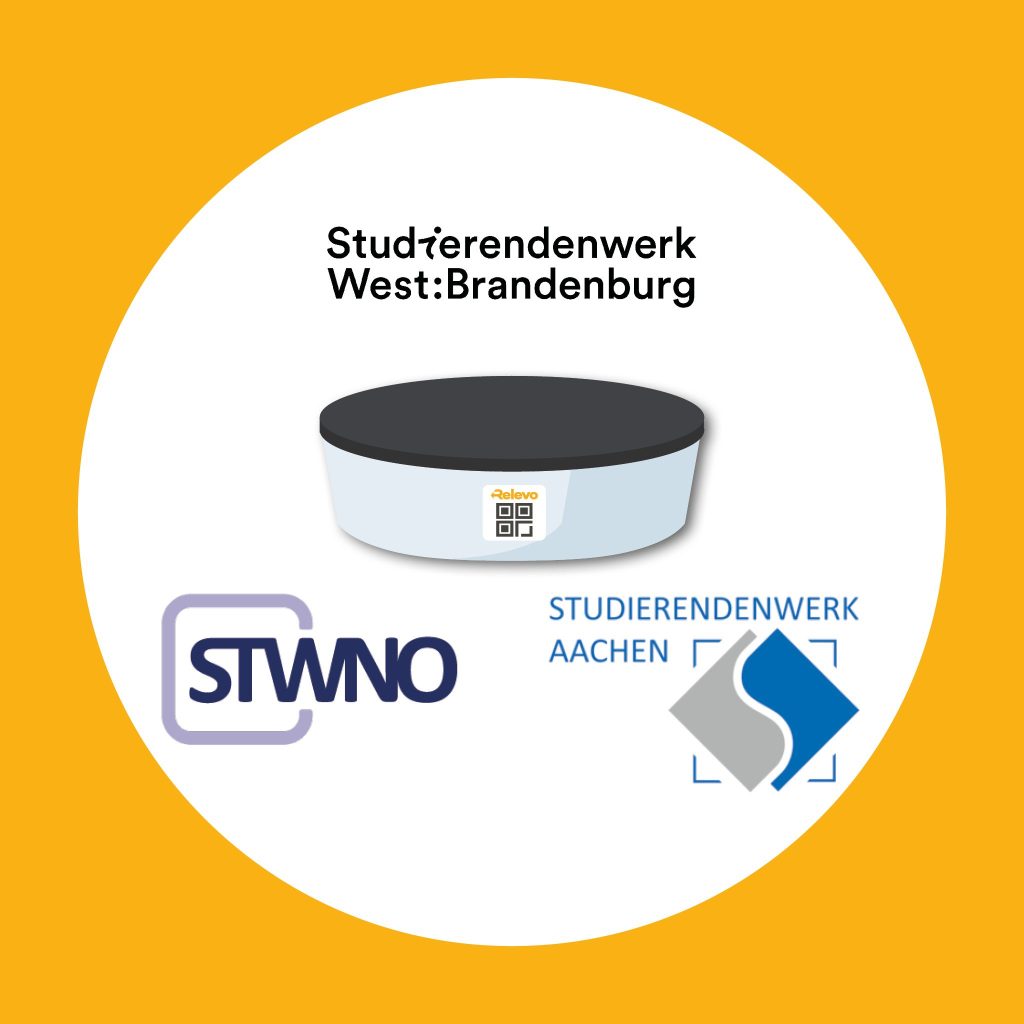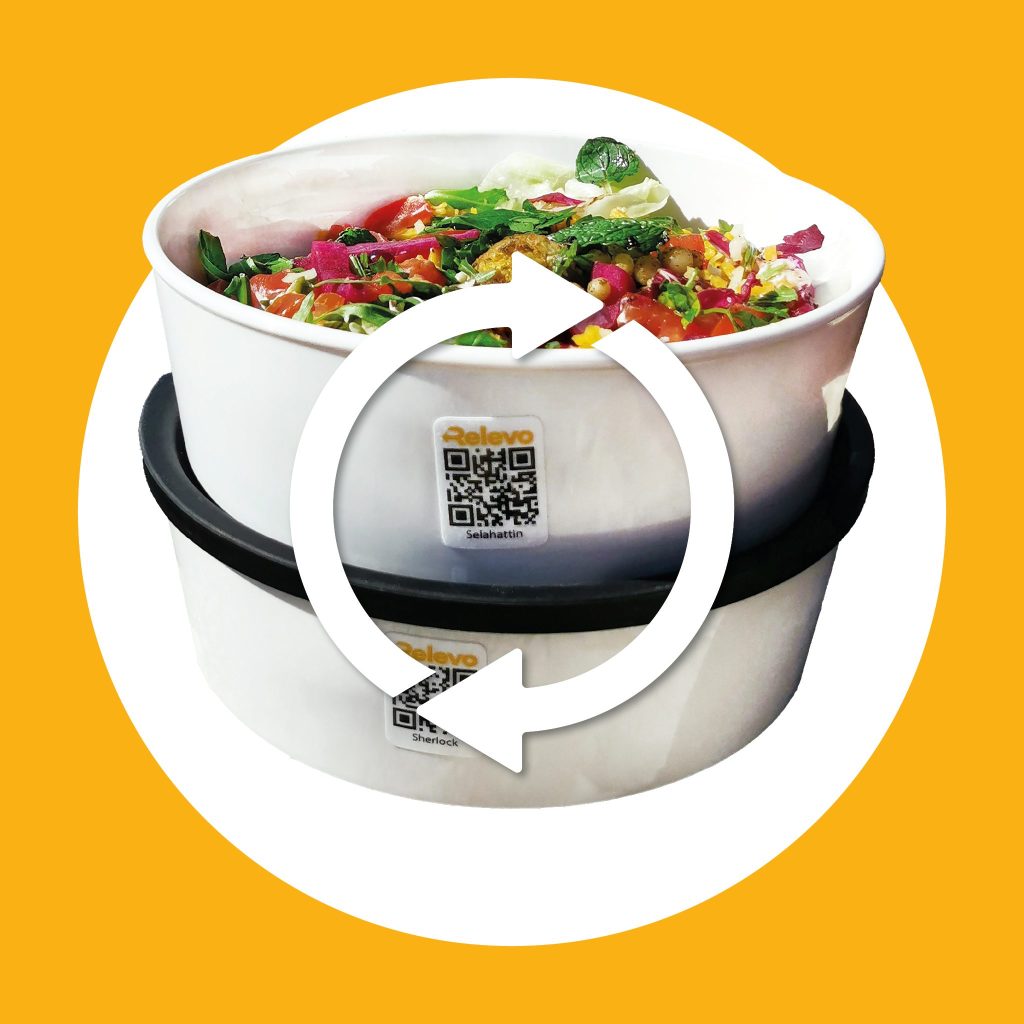Digitale Revolution am Esstisch: Die Zukunft der Gemeinschafts-verpflegung
Digital Revolution at the Dining Table: The Future of Communal Catering
In an era where technology is shaping every aspect of our lives, it’s no surprise that digital innovation is also permeating the communal catering industry. From ordering to managing food waste, digital trends are revolutionizing the way we eat and nourish ourselves. Here are some exciting developments that are defining the future of communal catering:
- Online ordering and payment: Digitalization enables seamless and efficient ordering and payment processes. Customers can use apps or websites to pre-order and pay for their meals and even precisely schedule pick-up or delivery times. This technology not only minimizes waiting times, but also enables a more accurate prediction of the quantities required, which helps to reduce food waste.
- Personalized nutrition: Modern technologies and big data make it possible to adapt nutritional offerings to individual needs and preferences. By analysing eating habits, health goals and even genetic information, communal catering facilities can offer tailored menus. These can not only contribute to a healthier diet, but also take better account of allergies and intolerances.
- Smart kitchen appliances and IoT: The introduction of smart devices and the Internet of Things (IoT) into kitchens dramatically improves the efficiency and quality of food preparation. Connected appliances can automate food processing, set optimal cooking times and temperatures, and even increase food safety through continuous monitoring. The integration of these technologies is leading to a revolutionary change in the way kitchen staff work.
- Food management and waste prevention: Digital platforms and algorithms enable efficient inventory management and make a significant contribution to minimizing food waste. Real-time data on consumption and inventory enables precise planning of purchases and food production. Additionally, they allow a faster response to unforeseen changes in demand, which promotes sustainability within communal catering.
- Packaging management: Innovative digital reusable systems such as Relevo are revolutionizing the management of reusable tableware and packaging. By using RFID technology or QR codes, the entire life cycle of packaging can be tracked digitally. This not only reduces the need for disposable packaging, but also simplifies processes such as cleaning and inventory management.
- Customer feedback and social media: The role of social media and digital review platforms is becoming increasingly important in the development and customization of communal catering services. Establishments are using these channels to communicate with guests in real time, gather feedback and customize their services. This promotes greater customer loyalty and enables continuous improvement in service quality.
Conclusion
Digitalization has the potential to fundamentally transform communal catering and permanently change the way we consume our meals. By integrating digital technologies, communal catering can not only increase operational efficiency, but also offer a higher level of culinary experience. The digital revolution at the dining table is in full swing, and the future promises even more exciting developments and innovations.
Contact us!
Simply fill out the form.
More Blog Posts

3 Inspiring Success Stories of Reusable Solutions at Universities

Sustainability in communal catering

